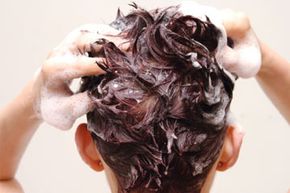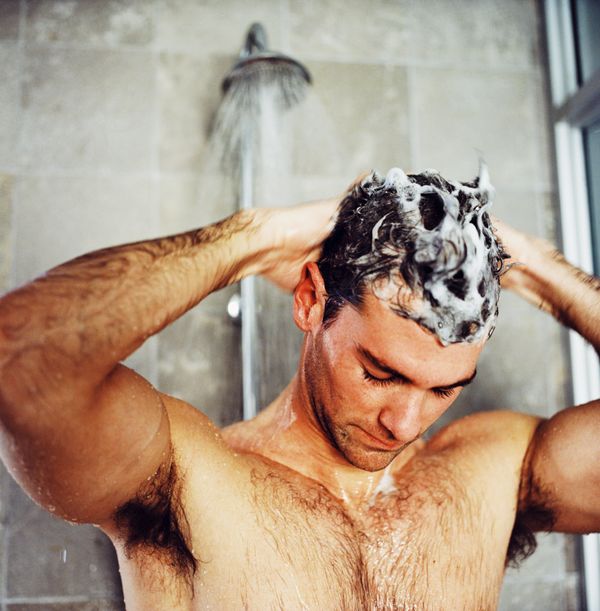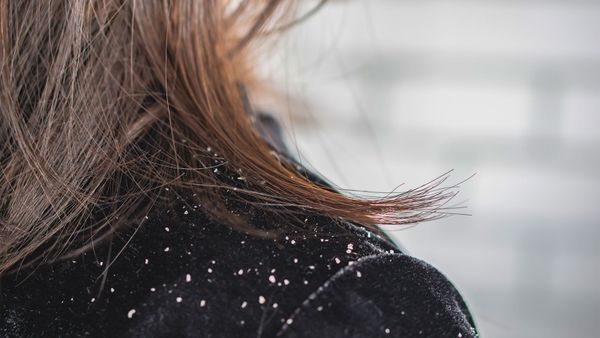When you're working to keep your skin healthy and moisturized, there's one part of your body that you might be forgetting: your scalp. For most people, the scalp is hard to see because it's covered by hair, so it can be easy to forget that it needs care, too. Daily shampooing and conditioning might be enough for healthy hair, but sometimes the scalp needs a little extra treatment and moisturizing.
Your scalp could need moisturizing for a variety of reasons. For example, if you tend to have dry skin, it's likely that your scalp could be dry, too. You could also have a condition called scalp psoriasis, which consists of plaque or scales that can result in white flaking that looks like dandruff [source: American Academy of Dermatology]. On the flip side, if you have oily skin, you might be prone to a condition called seborrheic dermatitis, which leaves oily, waxy patches on your scalp [source: American Academy of Dermatology]. And then there's one of the most common problems associated with the scalp: dandruff.
Advertisement
Dandruff can be caused by a number of different factors, including an overly oily scalp, an overly dry scalp and even skin conditions such as eczema and contact dermatitis [source: Mayo Clinic].
For more information about dandruff, read Dandruff: Fast Facts.
Regardless of the reason your scalp might need moisture, there are many things you can do to add back some protective hydration. Reducing the number of products that you use in your hair is a good first step. Using oils to treat your scalp is another. Find out more about scalp oils and how they work on the next page.
Advertisement


